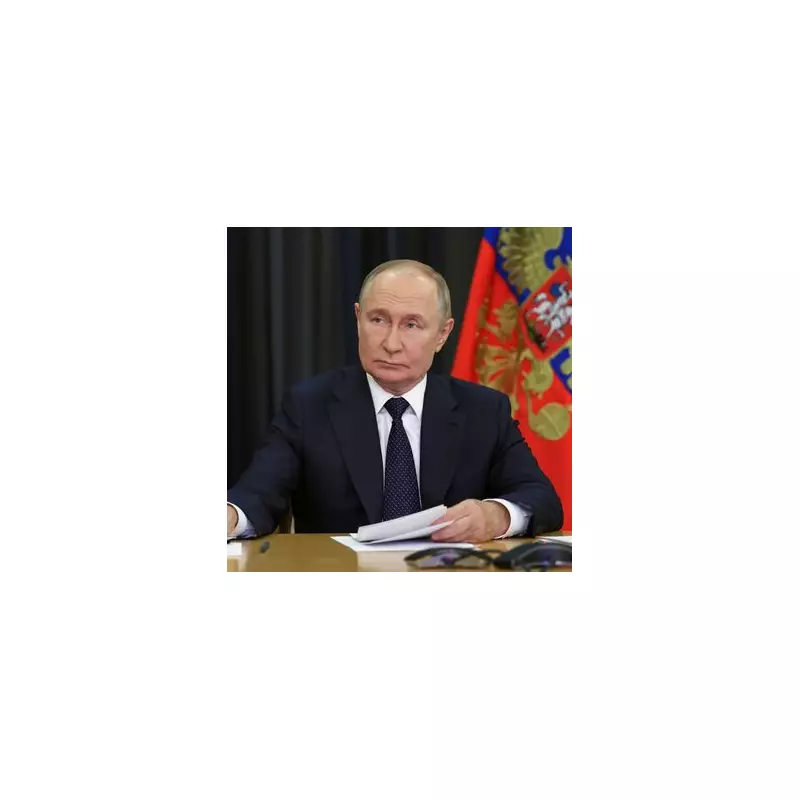
In a move described by defence experts as crossing a 'dangerous threshold', Vladimir Putin has ordered a formidable naval contingent, including a nuclear-powered submarine, to sail just miles from the US coastline. The chilling deployment to Havana, Cuba, is being viewed as the Kremlin's most brazen response yet to Western military support for Ukraine.
The Russian flotilla, consisting of the nuclear-capable frigate Admiral Gorshkov and the sinister Kazan submarine—a Yasen-class vessel designed to launch cruise missiles—is expected to arrive imminently. This show of force off the coast of Florida marks a significant and deliberate escalation, echoing the most perilous moments of the Cold War.
A Deliberate and Calculated Provocation
Analysts are unanimous in their assessment: this is no routine naval exercise. Professor Anthony Glees, a renowned security and intelligence expert, told the Mirror that Putin has 'upped the ante' in an extremely dangerous manner. 'This is a threshold we have not seen before,' he stated, highlighting the grave symbolism of positioning such advanced weaponry so close to American soil.
The deployment is a direct retaliation for the West's decision to allow Ukraine to use British and other Western missiles to strike inside Russian territory. Putin had previously promised 'asymmetric' responses to these actions; sailing a nuclear-powered submarine into America's backyard is precisely that.
The Ghost of the Cuban Missile Crisis
The choice of location is intensely symbolic and provocative. For older generations, it conjures memories of the 1962 Cuban Missile Crisis, a 13-day standoff that brought the world to the brink of nuclear annihilation. While the current situation is not deemed to be at that critical level, the deliberate echo of that history is a powerful psychological weapon aimed at both the US government and its citizens.
The Pentagon has confirmed it is monitoring the vessels but has stated it does not view them as a direct threat. However, the mere presence of such hardware is a potent reminder of Russia's global reach and its willingness to challenge NATO powers far beyond the borders of Ukraine.
What Happens Next?
The world will be watching the flotilla's movements closely. The key questions now are how long the vessels will remain stationed near Cuba and what their next manoeuvres might be. This deployment serves as a stark warning that the war in Ukraine continues to have a destabilising effect on global security, with the potential for miscalculation and escalation higher than it has been in decades.
As Professor Glees sombrely concluded, this act proves that the conflict is 'not a contained war' but a global crisis with ever-widening repercussions.






